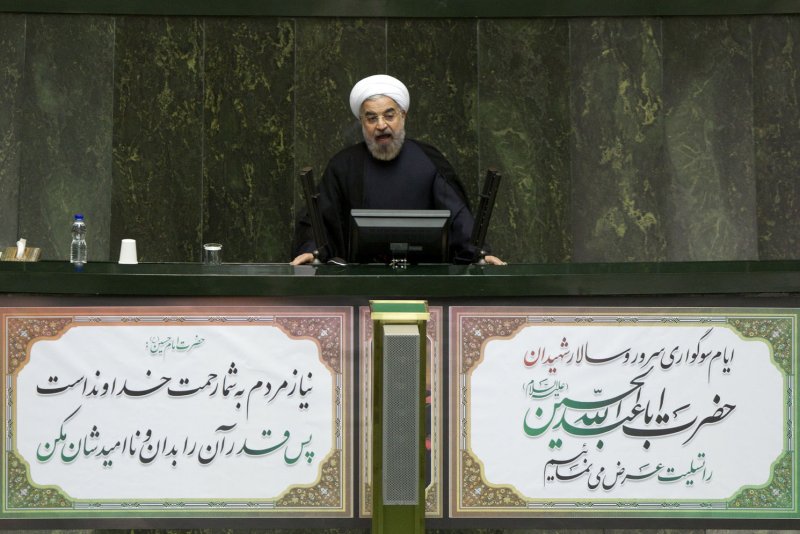TEHRAN, Nov. 11 (UPI) -- Sectarian violence between Sunni and Shia Muslims may pose the greatest threat to world peace, Iranian Foreign Minister Mohamed Javad Zarif said.
"I think we need to come to understand that a sectarian divide in the Islamic world is a threat to all of us," Zarif said, the BBC reported Sunday.















